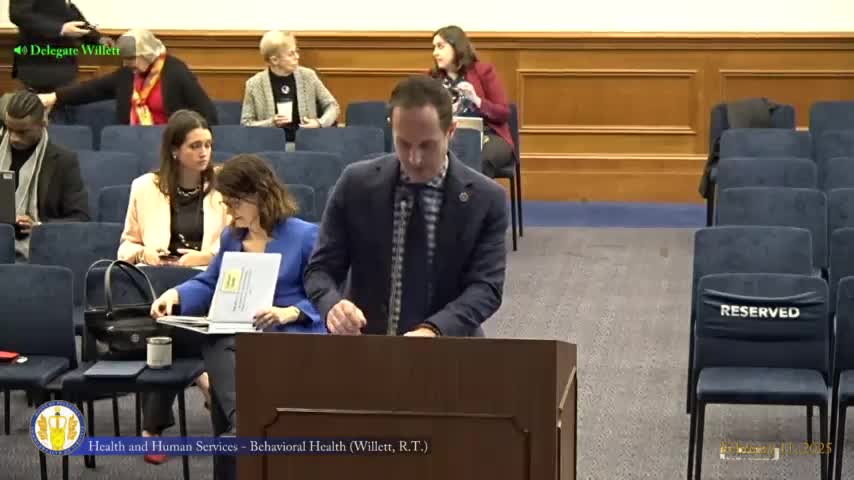Article not found
This article is no longer available. But don't worry—we've gathered other articles that discuss the same topic.
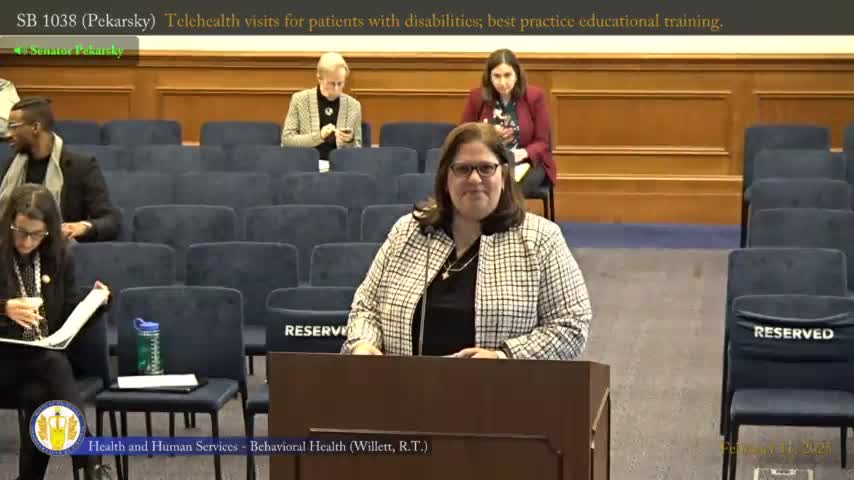
Subcommittee narrowly advances bill directing Board of Pharmacy to prepare for FDA-approved psilocybin
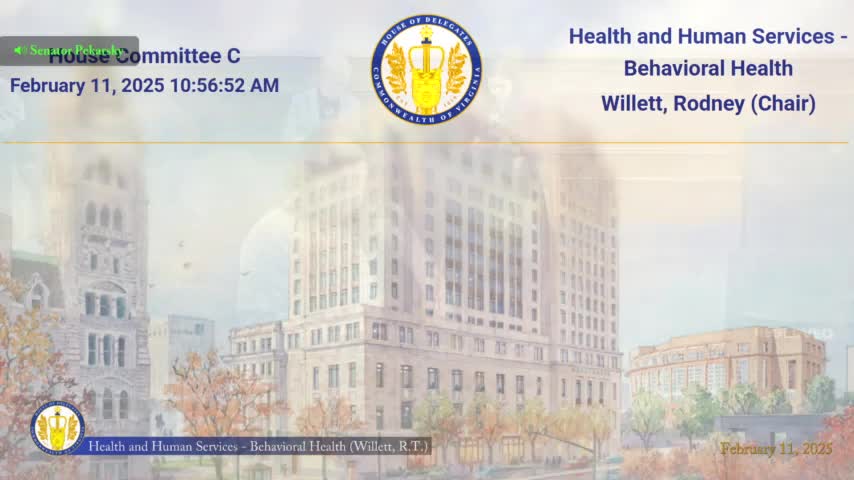
Senate subcommittee approves telehealth best-practice bill for patients with disabilities
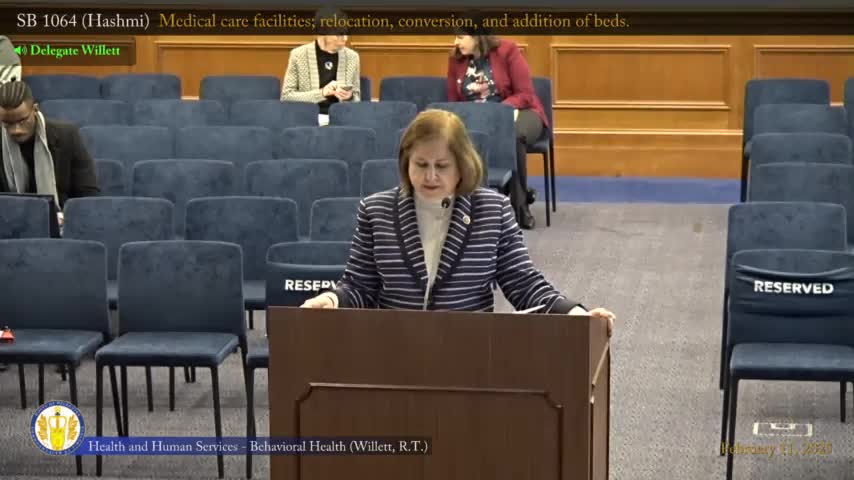
Panel advances bill to expand expedited COPN review for psychiatric projects
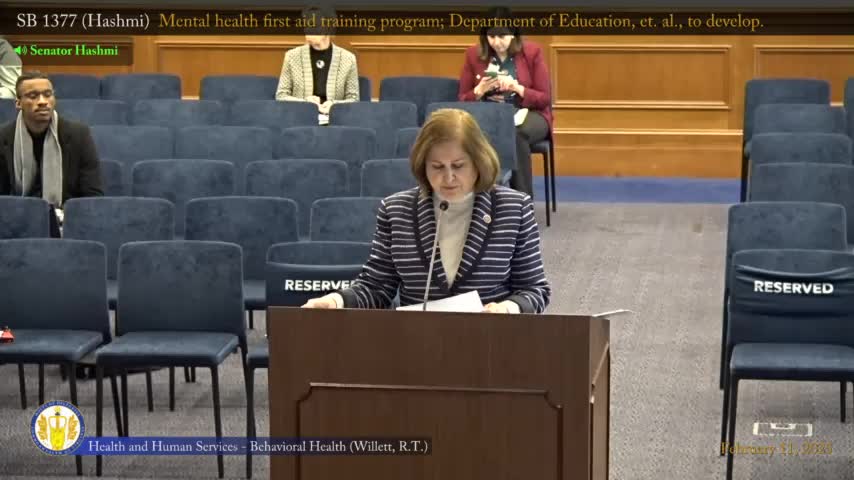
Subcommittee advances bill to expand school participation in Mental Health First Aid
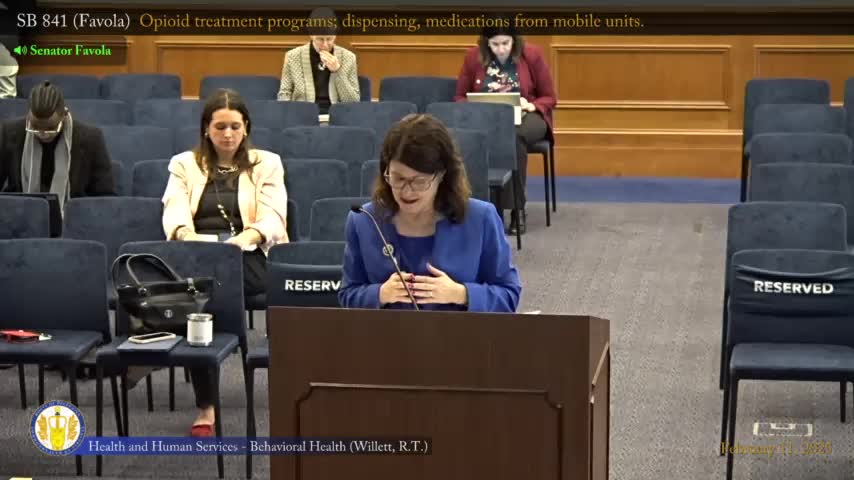
Committee approves language to let mobile units dispense opioid treatment under waiver process
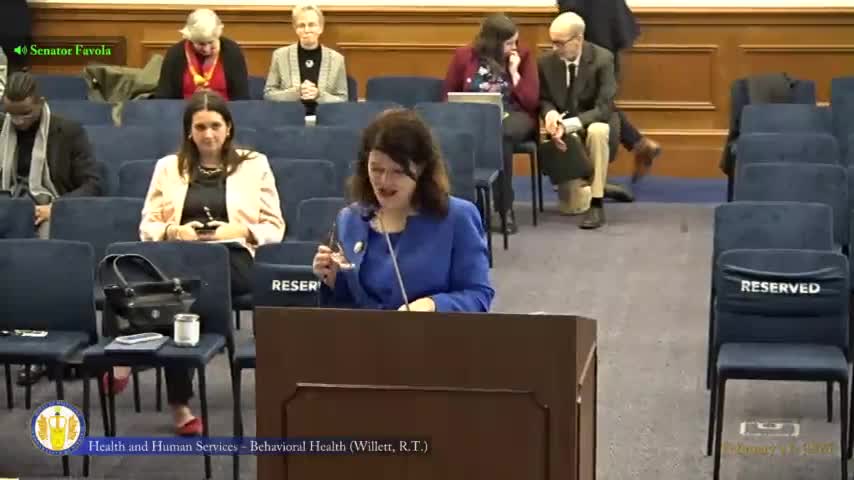
Panel reports bill asking hospitals to consider outpatient care before discharging ECO/TDO patients
